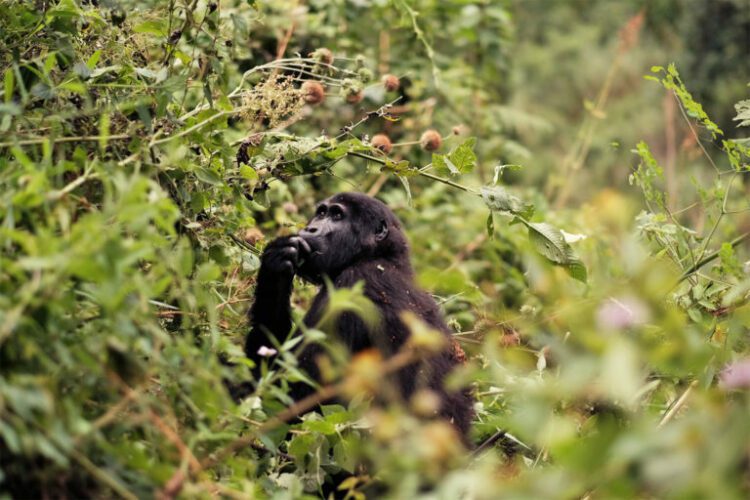Sixteen nations including Egypt, Ghana, Namibia, Rwanda, and Tunisia stand out as leaders in geospatial PPP readiness in Africa based on the WGIC(World Geospatial Industry Council) policy report on GeoAI.
Africa, the cradle of civilization and the oldest inhabited continent is emerging as a beacon of hope amid the turbulent waters of the global post-pandemic economic recovery.
While grappling with infrastructure deficits, mounting debts, and the urgency of achieving the UN Sustainable Development Goals by 2030, African governments are increasingly turning to innovative solutions, with a spotlight on geospatial technology. Geospatial Public-Private Partnerships (PPPs) act as a catalyst for the continent’s development.
Public-Private Partnerships (PPPs) have become a strategic avenue for African nations to bridge the infrastructure investment gap. These collaborations, defined by long-term contracts between private entities and governments, offer a middle ground between public service delivery and total privatization.
With a focus on efficiency, PPPs leverage private sector resources, technology, and financing, creating a synergy that benefits governments, businesses, and citizens.
The Geospatial Boom: Africa’s Rising Star
The geospatial market in Africa has witnessed remarkable growth, with a forecasted value of US$12.02 billion in 2020, outpacing global rates. A 2022 report highlights the African space economy’s value at US$19.49 billion in 2021, projected to soar to US$22.64 billion by 2026. Key players such as South Africa, Egypt, Ghana, Algeria, Morocco, and Nigeria have embraced the potential of geospatial technologies, marked by a paradigm shift towards small satellites and the establishment of the African Space Agency (AfSA) in 2023.
To gauge the preparedness of African nations for geospatial PPPs, a comprehensive index was established. The evaluation considered factors such as the presence of spatial data infrastructure, geospatial/Earth observation capabilities, government-established space agencies, business and legal environments, and transparency.
Advanced Nations – Pioneers in Geospatial PPPs
Sixteen African nations stand out as leaders in geospatial PPP readiness. Countries like Egypt, Ghana, Namibia, Rwanda, and Tunisia boast mature spatial data infrastructures, robust geospatial capabilities, and transparent governance, positioning them as strong candidates for impactful PPP projects.
Emerging Nations – Navigating the Geospatial Landscape
Twenty-six nations fall into the category of Emerging Nations, showcasing functional spatial data infrastructures and embryonic space agencies. Although these nations exhibit lower transparency levels, the presence of PPP laws and policies makes them promising contenders for geospatial PPP engagement.
Nascent Nations – Aspiring for Geospatial Heights
Eleven nations with minimal engagement in geospatial activities find themselves in the Nascent Nations category. Despite limited infrastructure and transparency challenges, these nations, including Burundi, Guinea, Libya, and others, have shown receptivity to PPPs, emphasizing a collective African commitment to progress.
African PPP Trends Breaking the Mold
Remarkably, the study reveals that PPPs are not exclusive to nations with dedicated government PPP units. Across all segments, African countries have embraced PPPs, signifying a continent-wide openness to collaboration, innovation, and sustainable development.
As Africa navigates the skies of economic recovery, Geospatial Public-Private Partnerships emerge as a key instrument for progress. The continent’s readiness, marked by mature markets, emerging players, and aspiring nations, showcases a collective commitment to harnessing geospatial technology for sustainable development. With PPPs breaking traditional molds, Africa is set to redefine its narrative on the global stage, proving that innovation, collaboration, and geospatial prowess can pave the way for a brighter future.
Source link : https://www.geospatialworld.net/blogs/egypt-ghana-namibia-geospatial-ppp-africa/
Author :
Publish date : 2023-11-20 08:00:00
Copyright for syndicated content belongs to the linked Source.





